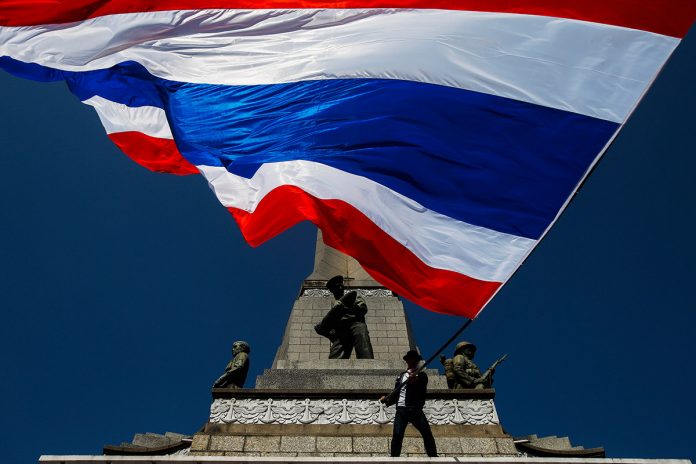Thailand: Know how are Foreign Judgements recognized by the Thai Courts
How Thai courts recognise foreign judgments is an issue which is of great interest not only to foreigners but to Thai nationals also. Its implications affects a wide range of legal matters, from the enforcement of foreign judgments against Thai-domiciled businesses operating overseas to the recognition of child custody judgments against Thai spouses who have returned or foreign divorce.
Earlier, Thailand did not have any specific legislation addressing the recognition and enforcement of foreign judgments by domestic courts, though is a member of the “New York Convention” governing the enforcement of foreign arbitral awards but not a party to any treaty concerning the recognition of Top of Form
Bottom of Form
Foreign court judgments.
The Thai Supreme Court case no. 585/2461 decided in the early 20th century:
Facts:
- On 21.09. 1912, Defendant entered into a contract at Saigon to sell 15 rickshaws and 2 bicycles to Plaintiff, all of which he did not delivered after receiving payment.
- A lawsuit was then filed by the Plaintiff against Defendant in Saigon.
- Saigon court ruled against Defendant.
- It will be worth to note here that the Defendant had already escaped the jurisdiction by fleeing to Bangkok.
- Proceedings were then filed by the Plaintiff to enforce the Saigon court judgment for the total amount of 5,000 baht (including the amount of the judgment, interest and court fees).
Judgement of the Thai Supreme Court:
- It reversed the decision of the lower courts.
- Recognized the principle that recognition of foreign judgments was a matter of comity between nations.
- The Thai Supreme Court therefore dismissed the suit in favor of Defendant.
But what the Civil Court and the Court of Appeals Decided?
The Civil Court and the Court of Appeals in Thailand ruled in favor of Plaintiff and ordered Defendant to pay.
Analysis of the issue:
- The foreign court judgment shall be a final decision and also the Defendant shall be barred from challenging it as per the doctrine of res judicata.
- The court that issued the judgment must be a foreign court and have had jurisdiction over the parties to the suit.
Relating it to present case:
- The Saigon court judgment against the Defendant. Further, was a default judgment due to failure of Defendant to make an appearance. Consequently, it did not address the merits of the Plaintiff’s claims.
- Both the Plaintiff and the Defendant were properly within the jurisdiction of the court (in Saigon).





